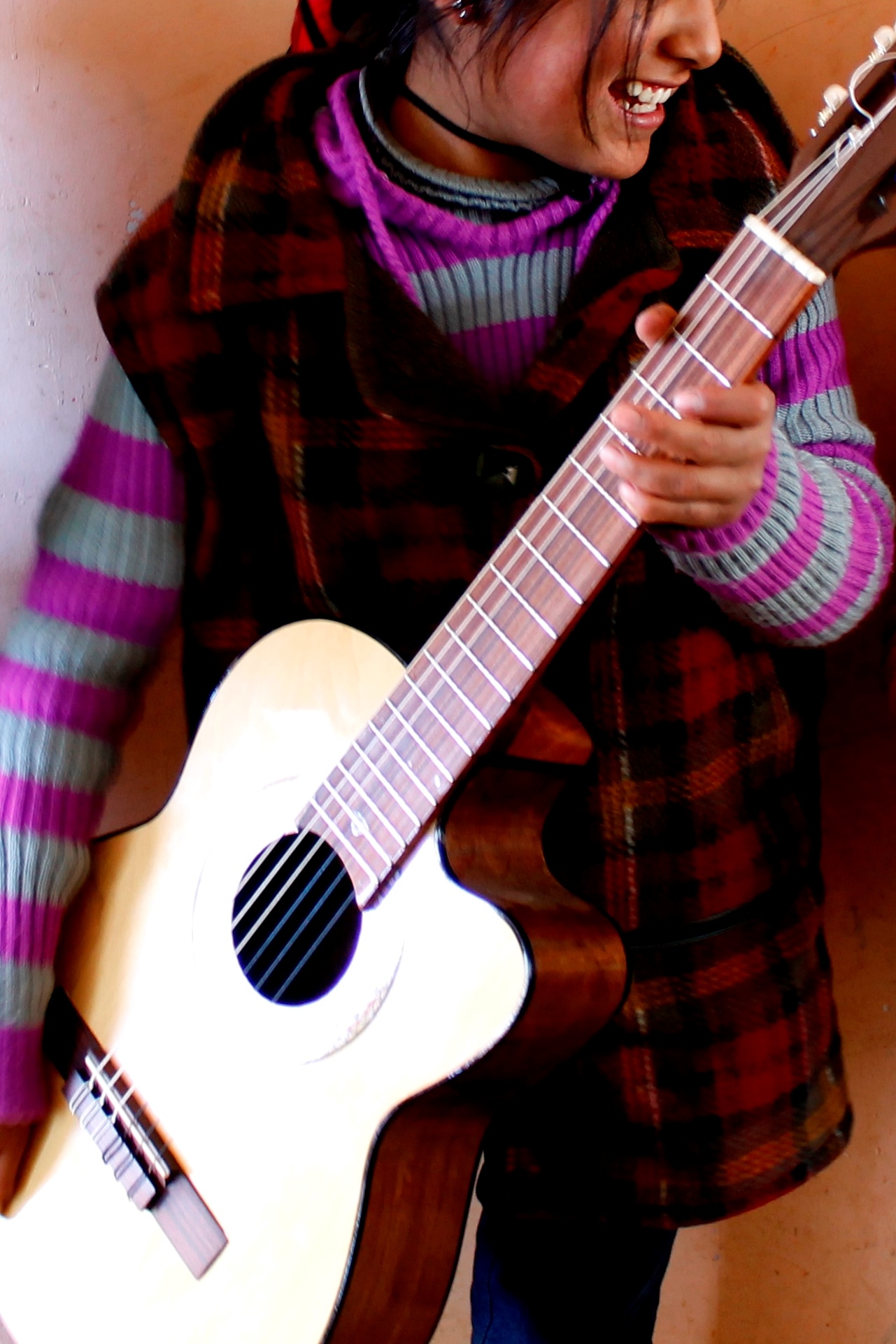Strong Sentencing for Bolivian Uncle Indicates Crackdown on Family Abuse (my piece from the IJM Newsroom)

LA PAZ, BOLIVIA, May 31, 2015
After two years of relentless effort by the IJM team, a Bolivian man has been sentenced to 22.5 years for abusing his 7-year-old niece. Throughout the legal process, the family faced multiple roadblocks, including threats to their safety and an uphill battle in the Bolivian justice system. However, they and the team were determined to seek justice for Irene*.
Abuse Within the Family
The uncle’s abusive acts were first discovered by Irene’s brother, 12-year-old Federico* who reported what he saw to his mother.
The shock was so great that she fainted.
Although Federico and his mother did not know it then, this was the fifth time that Antonio* had raped Irene.
Irene’s story is consistent with sexual abuse statistics both in Bolivia and globally: most perpetrators are family members or friends—people trusted by the survivors. According to some reports, the figure is as high as 80 to 90 percent. The existing relationship between perpetrator and survivor is a reason many instances of child sexual abuse are “forgotten,” endured in silence. Tens of thousands of cases are never reported, leading to a situation of impunity.
“If Federico hadn’t said anything, I wouldn’t have told anyone,” admitted Irene. “I was scared.”
The Truth was Clear, but the Way Forward was Not
Since Irene and Federico’s father had been killed a few months earlier in a road accident, the mother was on her own. She was afraid of her violent brother-in-law and of the potential consequences of reporting the crime. But she said she knew she had to defend her daughter.
She called the police and help came swiftly. The officers arrested Antonio and he was refused bail. That was the easy part of the legal process, which later proved to be an uphill battle.
Irene’s mother contracted a lawyer to help her through Bolivia’s complex legal system. Things seemed to be going well. But she soon realized what so many people living in poverty around the world come to know: If you don’t have money, you can’t afford justice. She was expected to pay her lawyer for every appointment, every document, every hearing, in what would be a grueling criminal process. The fees stacked up quickly, and the single mother of three simply couldn’t make ends meet.
It was then she was referred to IJM. IJM lawyers and paralegals worked tirelessly with police and public prosecutors to build the case. They arranged witnesses, forensics and other evidence. When Federico decided to testify, they helped him prepare to share the truth. Slowly but surely, they pushed the case forwards through Bolivia’s congested criminal justice system.
Meanwhile, Irene and her family hit another roadblock: they began to receive threats from Antonio’s family who insisted they drop the case. For their safety, Irene, Federico, their little sister and their mother were forced to move out of their own house.
Many survivors’ families buckle under such pressure from perpetrators, but Irene’s didn’t back down. The IJM team was just as committed to keeping the family safe and making sure they did not have to live in fear forever. “We were going to fight until the end,” said IJM lawyer, Daniela Nieto.
A Two-Year Battle Finally Ends
Two years later, this determination paid off. On May 21, Antonio was sentenced to twenty-two and a half years in jail for raping Irene.
Irene, now 10, is on the road to restoration. She has commenced therapy with IJM’s team of social workers, and she is learning to play guitar. The family is now back in their own home.
Irene’s social worker, Analía Velásquez, says, “Despite everything that happened, she still has the desire to move on with her life. When she grows up she wants to be a teacher and look after her mum.”
*Pseudonyms
Help IJM rescue other vulnerable children from violence. To learn more, meet Clarisa*.




1 comment